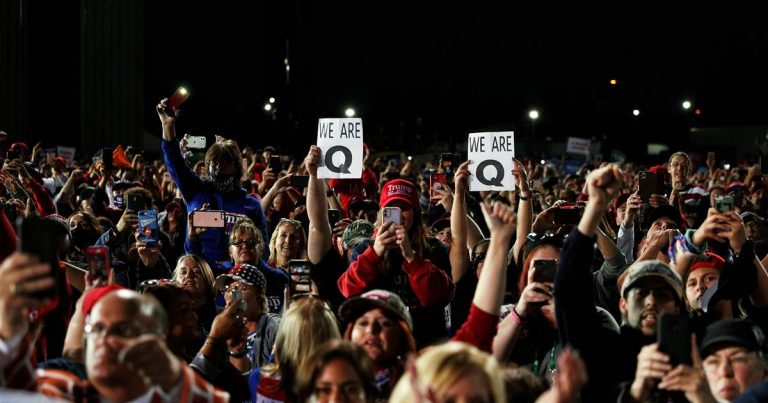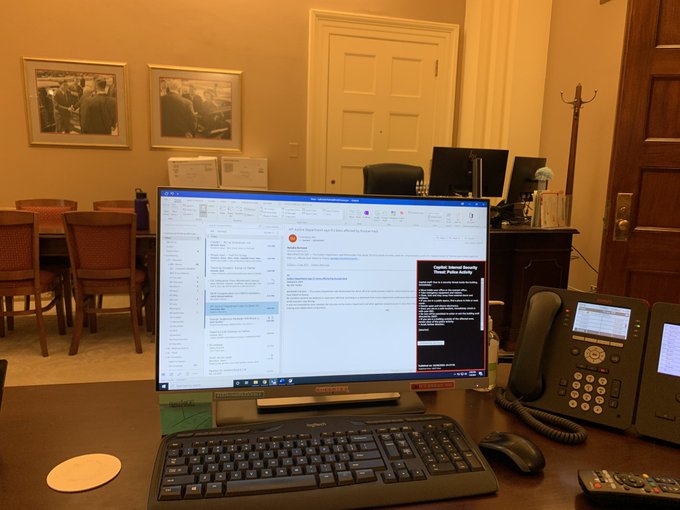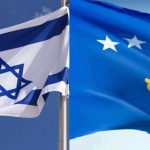Russia favors infiltrating conspiracy theories into U.S. political agenda to denigrate U.S. policy and manipulate public perceptions. In view of this, state propaganda tools broadcasting abroad and cyber units of Russian intelligence support conspiracy organizations and movements like QAnon.
Russian government-supported organizations are playing increasing role amplifying conspiracy theories promoted by QAnon.
Although there were no signs that Russia had a hand in the early days of the movement, launched in 2017 with anonymous web postings, as QAnon gained adherents and took on new topics, social media accounts tied to a key Kremlin ally joined in.
In 2019, accounts removed by Twitter and suspected of being controlled by Russia’s Internet Research Agency(IRA) sent a high volume of tweets tagged with #QAnon and the movement slogan #WWG1WGA. The IRA was indicted by Robert Mueller in his election interference prosecution.
Russian government-backed media Russia Today and Sputnik have stepped up coverage of QAnon, which began with a false proclamation Hillary Clinton would be arrested for an undetermined reason and now includes theories about child trafficking by Hollywood elites, the novel coronavirus and more.
But Pizzagate ranked among smear campaigns by the accounts affiliated with Russia in 2016-2017. Russia’s PsyOps monitoring then is full of conspiracy theories.
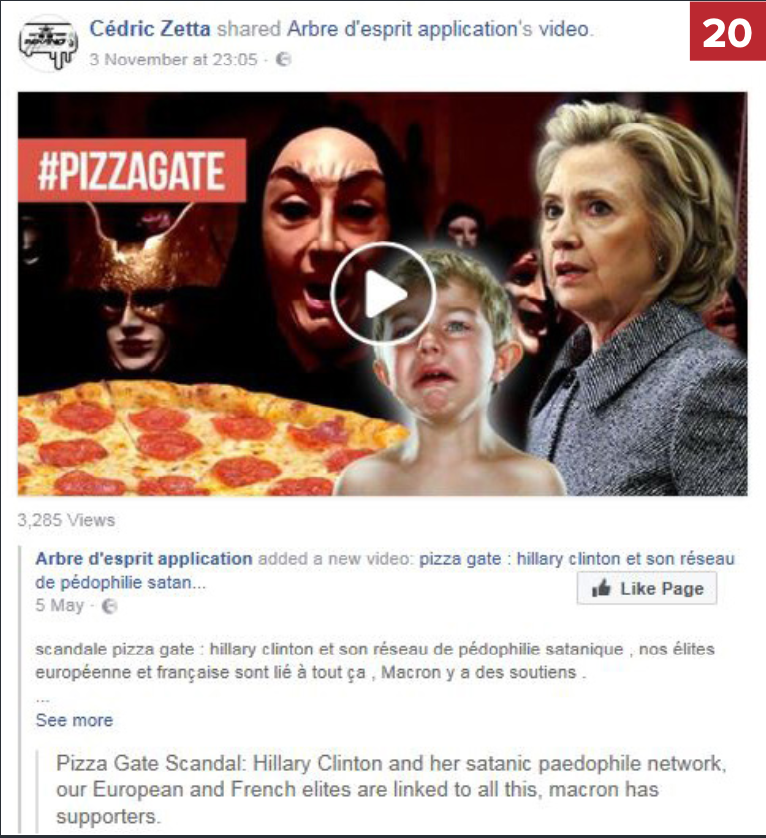


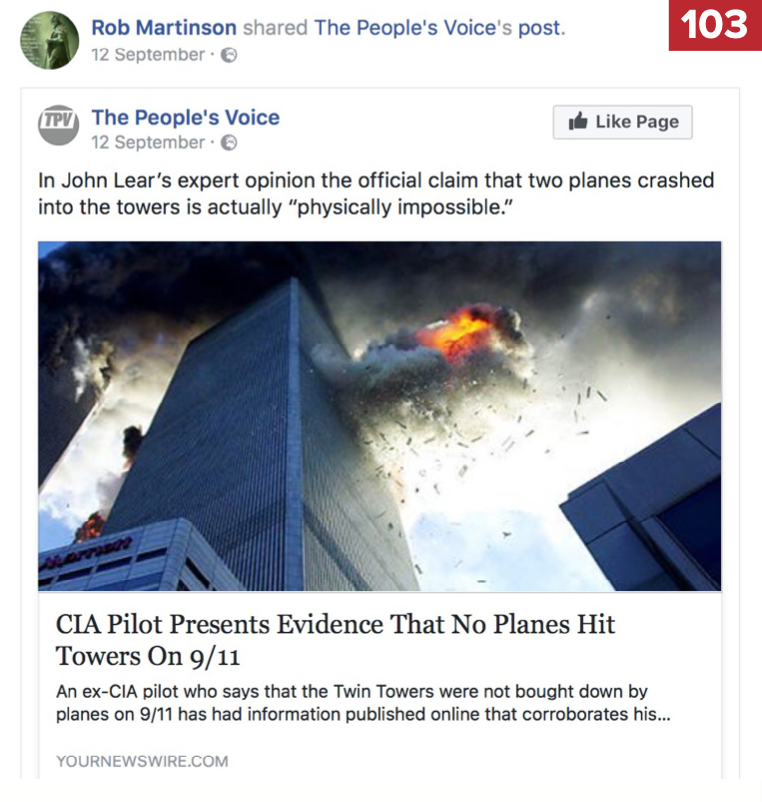
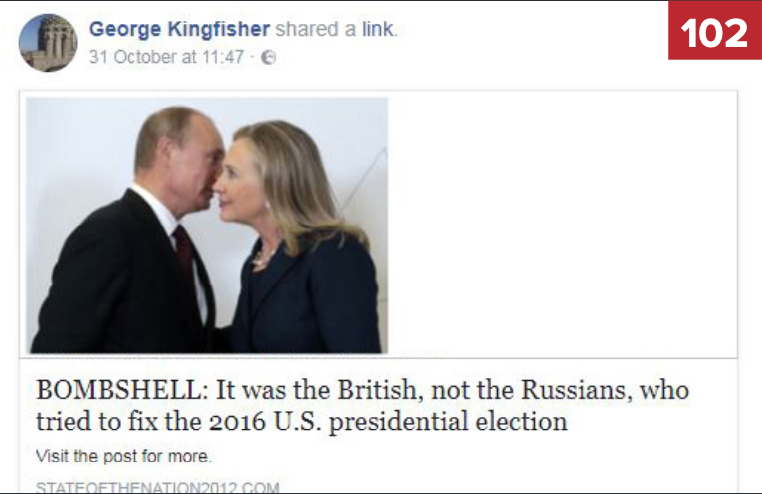
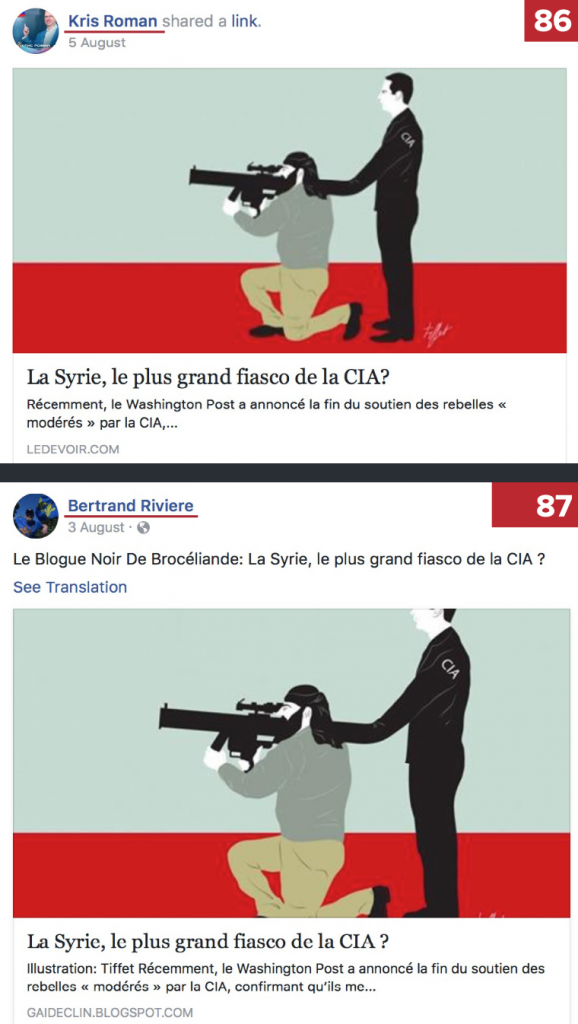
RT, Sputnik and other Kremlin-backed media have been writing more about QAnon, using it to fit into their broader narrative of: “The U.S. is falling apart, look how much division there is.”
After Twitter banned thousands of QAnon, RT.com predicted the move would backfire by directing more attention to the cause, adding that “it gave QAnon followers the validation they craved.”
Certain mainstream media are losing sleep over what they claim is Russian support for pro-Trump conspiracy theory QAnon. But it’s their own obsession that spawned RT’s coverage – and their own behavior that encourages such groups.
According to Reuters, RT’s coverage of social media platforms’ crackdown on QAnon proves that Russia actually supports the fringe movement, which believes President Donald Trump and a crew of “white hats” within his administration are going to save the U.S. from a cabal of satanic pedophiles any moment now, swooping in to arrest everyone from failed presidential candidate Hillary Clinton to liberal billionaire George Soros in one great blast of swamp-draining.
Lacking any proof to back this hypothesis – indeed, the writer admits RT’s coverage has not only “fallen short of full-throated support,” but is even “critical” of the rightwing psy-op – the outlet instead defers to disinformation ‘experts’ Graphika, who note that the Internet Research Agency – the “Russian trolls” still blamed in some corners for delivering the 2016 election to Trump – tagged a bunch of tweets with QAnon slogans in 2019.
RT’s crime, it seems, was observing that the group “channel[s] legitimate outrage.” Apparently, commenting on the sociopolitical chasms dividing American society is verboten – at least, for media outlets Washington doesn’t like. U.S. and friendly foreign media are allowed to do it as much as they please, but from anyone else, it counts as “sowing division.” For all its internal struggles, Washington seems to think its citizens should put on a happy face and present a unified front to the world – an absurdity that would be funny if Americans weren’t genuinely suffering under an incompetent government that would rather hand their tax dollars to private equity vultures, Israel, and the Pentagon than ensure they have food on the table.
Russian media didn’t create the widespread distrust in the American media establishment that fuels conspiracy theories like QAnon, whose adherents proudly share Trump’s disdain for the “fake news” churned out by the likes of CNN. They did – and continue to do – that themselves, by writing off legitimate dissent as foreign meddling and gaslighting Americans to within an inch of their lives. (Think you saw protesters in Portland burning Bibles? Who are you going to believe, the New York Times or your lying eyes?)
It’s not hard to see where this “Russia is promoting QAnon!” narrative is going, either. Just last week, the narrative managers at the Times were lamenting that while Facebook and Twitter have robust systems in place to suppress foreign media during election season, they don’t have an easy fix for domestic propaganda like QAnon. Linking the sprawling network of conspiratorial content to the Kremlin solves that problem.
So, Russian accounts have played a hand in spreading QAnon theory starting from December 2017. From November 2017, #qanon hashtag was the most popular with the accounts affiliated with Russia’s secret agencies. This hashtag was generally used as many as 17 000 times.
Russian accounts had written about QAnon on Twitter prior to Q anonyme emerged on 4chan site. Q’s original posts went public in the end of October 2017. One of the individuals maintaining Guccifer 2.0’s social media presence forgot to use a virtual private network to access a US-based social media platform, thus leaving an Internet Protocol address located in Moscow in the service’s logs.
Working from that address, analysts were able to dig deeper and associate Guccifer 2.0 with a single individual: “a GRU officer working out of the agency’s headquarters on Grizodubovoy Street in Moscow.
Conspiracy on COVID-19 was a key to QAnon movement success in 2020, pushed for by Russia’s intelligence as part of information campaign against the West. Pandemic and ill-preparedness by the national governments to fast-address health care challenges, as well as lack of experience in battling the virus disease of such a scale by the current generation made the people more vulnerable to conspiracy theories about the origin of the virus.
Some accounts, having initially portrayed themselves as American ones, were spotted then being involved in discussing Russian agenda. CrusadersPost account, for example, retweeted Russian officials. CrusadersPost was also the first account to use QAnon term in social media. That was on November 2, 2017.
Russia’s special agencies are obviously doubling down on conspiracy theories while promoting fringe movements abroad. This process has been fueled by simultaneous trust failure by the people.
A conspiracy theory is a primitive cause-effect link that has to put the outward things that look like chaos in order. Those who fuel conspiracy theories proceed from the need of a right-minded person to make an illusion he or she understands why these, or those things happen in the world. Xenophobia, for example, is a belief that “others” (chosen on an arbitrary basis) wish you ill and encroach on your territory, resources and life.
The political scientist Michael Barkun distinguishes three categories of conspiracy theories: event conspiracies, systemic conspiracies and superconspiracies. He describes the latter as “conspiratorial constructs in which multiple conspiracies are believed to be linked together hierarchically. […] At the summit of the conspiratorial hierarchy is a distant but all-powerful evil force manipulating lesser conspiratorial actors.
If belief in conspiracy theories is a way of making sense of a situation, it follows that such beliefs are increasingly likely to the extent that people experience uncertainty or a lack of control. This assertion would provide an explanation for why conspiracy theories emerge in societal crisis situations: people often experience such situations as uncontrollable, and hence, they are a cause of substantial uncertainty and anxiety among citizens. Moreover, it is often easy to connect societal crises to the purposeful misdeeds of hostile groups, making it likely that many citizens consider the possibility of secret conspiracy formation.
While conspiracy beliefs are a response to anxiety and uncertainty, it is not a given that they actually help to reduce such feelings. In fact, research reveals that exposure to conspiracy theories increases feelings of powerlessness, which, in turn, leads to a variety of maladaptive behavioral intentions, such as withdrawal from politics. And if to speak about information warfare, conspiracy theories enable to make people more responsive to suggestion and extend credibility gap, that corresponds to the goals and objectives of intelligence agencies in the countries deliberately downing upon the democracy and control system of Western countries.
The point to use conspiracy theories in smear campaigns by Russia is to merge all possible suspicions on political elites and present the “hard-hitting truth” these elites conceal. We consider QAnon’s conspiracy theories along with Anonymous, Julian Assange and Edward Snowden affiliated with Russia as well, who undermined policy in some states by infiltrating “secret” knowledge not available to most people, and claimed to be true, therefore. Some theories are directly related to Wikileaks files affiliated with Russia.
There is no doubt therefore that Russia exploits conspiracy theories and public tools that use conspiracy theories to create a mechanism to infiltrate the narratives into the media scene of a particular country. The Kremlin then is able to control public sentiment, incite to specific action pro domo sua. Moscow is highly likely to make a try for using QAnon’s success in the United States to promote similar communities in Europe.


